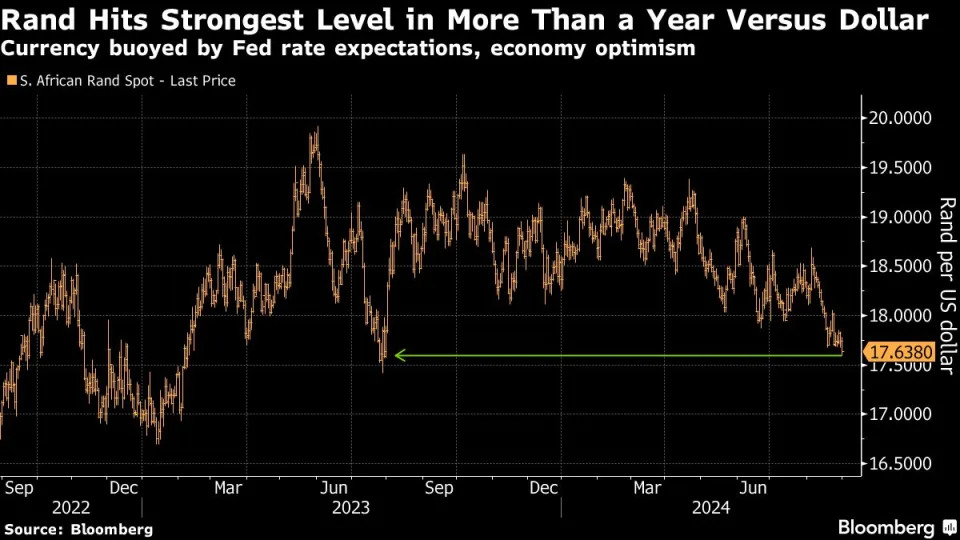A new court filing shows that the U.S. Securities and Exchange Commission (SEC) may object to bankrupt crypto exchange FTX's right to repay users in stablecoins, insisting that it maintains the right to “challenge transactions involving crypto assets.”
Stablecoins are cryptocurrencies typically pegged one-to-one to stable assets like the U.S. dollar.
After the dramatic implosion of FTX, once the third-largest crypto exchange in the world, in November 2022, the company filed for bankruptcy. In November 2023, a jury convicted founder Sam Bankman-Fried of several charges ranging from money laundering, wire fraud, and conspiracy, and said the tech tycoon stole $8 billion of customer funds. This past March, a judge required the tech tycoon to hand over $11 billion in assets and sentenced him to 25 years .
This spring, FTX pledged to repay up to $16.3 billion to users under a new restructuring plan in which it promised to return up to 118% in cash for those owed less than $50,000. However, last month, the SEC indicated in a court document that it had concerns about the FTX repayment plan.
In part, the SEC’s apparent opposition to stablecoin repayments stems from the unclear legality of these transactions under existing securities laws. The lack of consensus on whether stablecoins constitute cash complicates matters, as the regulator has long sought to categorize several cryptocurrencies as securities subject to the SEC’s laws.
In April 2022, SEC chair Gary Gensler addressed a capital markets conference and referenced the potential danger of stablecoins: "Stablecoins raise public policy considerations around financial stability and monetary policy,” he said.
In 2021, Gensler also criticized stablecoins in an interview with The Washington Post , saying that the cryptocurrencies could result in Americans getting “hurt.”
“These stablecoins are acting almost like poker chips at the casino right now,” Gensler said.





